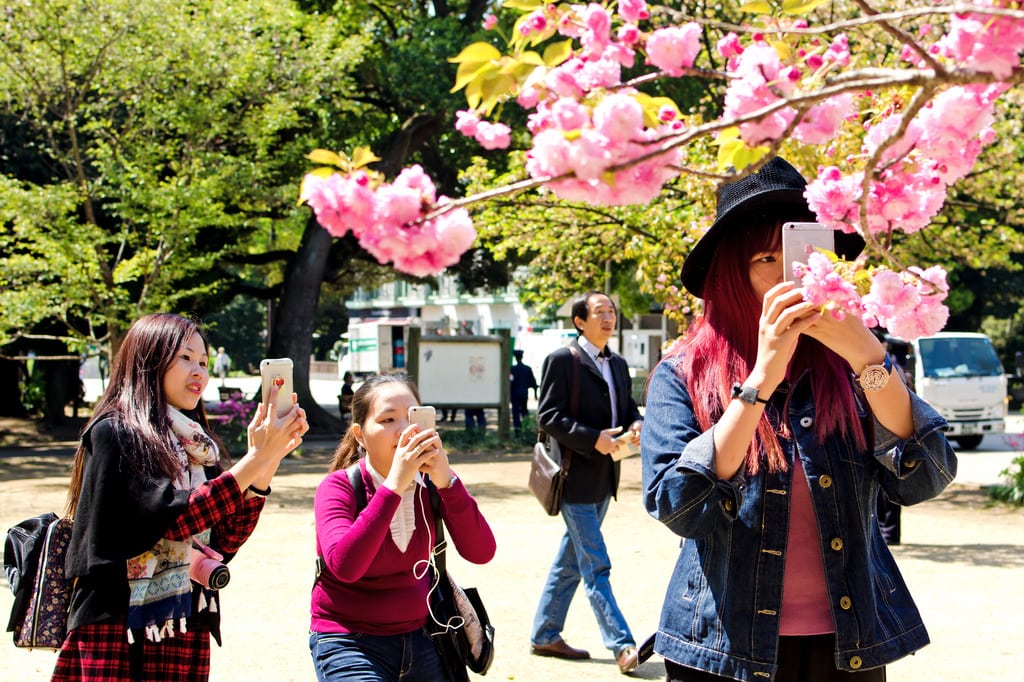6 Charts Showing How Elite Chinese Millennials Prefer Their Luxury Travel

Skift Take
Millennial travelers are already money-makers for brands around the world. But luxury-oriented Chinese millennials seemingly look to fill up any free time with travel, and there is a substantial market to accommodate them.
Chinese millennial travelers who are very wealthy are best described as super travelers -- the average wealthy Chinese millennial has been to 13 countries and traveled abroad 3.3 times for leisure in the past year alone for an average of 25 days.
That's what Marriott International and the Hurun Research Institute highlight in their report about Chinese millennial luxury travelers, a generation that's fueling outbound travel growth in China and putting plenty of cash behind that.
Earlier this year Hurun surveyed more than 500 consumers ages 25 to 36 across 12 Chinese cities including Beijing, Shanghai and Guangzhou. Respondents were part of focus group meetings in those cities, and these travelers said they spent more than $50,000 per household on travel within the past year. They have, on average, a personal wealth of nearly $6 million per household. Some 60
